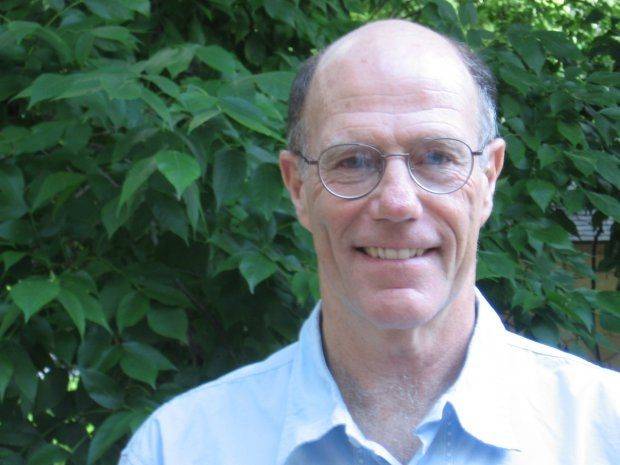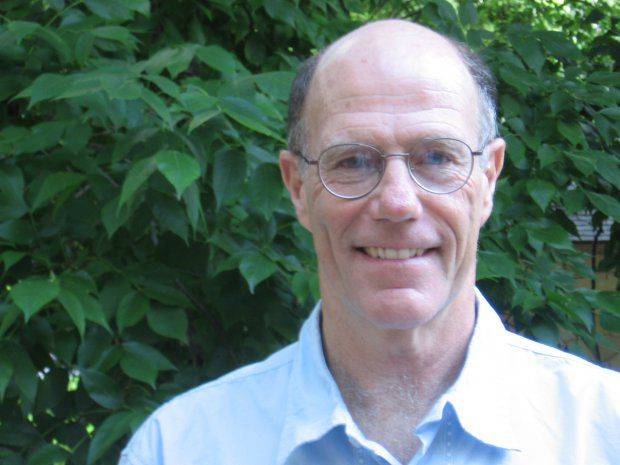
I talked to James Kilgore about the upcoming Freedom Day celebration at The Krannert Center for the Performing Arts (pictured above). Kilgore holds a special place for the anti-apartheid movements of the 1980s and ’90s.
Most people by now have an idea of why apartheid is so horrible, but that does not make it any less important to examine its history. This South African Freedom Day event is a chance to reflect on the past and take joy in the progress made already. It’s a wonderful display of African culture, history, and entertainment.
Smile Politely: What’s your story, Mr. Kilgore? Introduce yourself!
James Kilgore: I lived in South AFrica from 1991-2002 where I was an educator and worked with the anti-apartheid organizations. I have also written widely about southern Africa, both fiction and non-fiction. My second novel, Freedom Never Rests, is the story of the struggles of a black community after the democratic transition.
The author, James Kilgore, lived as a fugitive in South Africa from 1991 to 2002 under the name John Pape. He was an educator, researcher and activist. In 2002, authorities extradited him to the United States where he served six and a half years in prison for political offenses committed in the 1970s. The idea for Freedom Never Rests emerged from his observation that as a prisoner in the U.S. he enjoyed unlimited access to free water, something which remained out of the reach for so many people in South Africa.
Kilgore currently lives in the U.S. where he is a research scholar at the Center for African Studies at the University of Illinois. He is the author of We Are All Zimbabweans Now, described by the Natal Witness as one of the “three best reads” of 2009, and Prudence Couldn’t Swim (PM Press, 2012)
SP: What is so special about the South African Freedom Day celebration at Krannert?
Kilgore: This is the twentieth anniversary of the fall of apartheid and the election of Nelson Mandela. A good moment to reflect on the successes and failures of this great triumph over racism and inequality.

SP: What do you hope for people to experience at this event?
Kilgore: I hope to expose people to some new aspects of South African cultural performance and African culture more generally, with a special emphasis on the way that culture links to movements for social change, such as the anti-apartheid movements in South Africa in the 1980s and 1990s.
SP: What is something interesting or important about South Africa that people may not know before this celebration?
Kilgore: South Africa has a rich and varied music tradition which includes indigenous popular forms, like kwela and mbaqanga, as well as a very special jazz genre which is closely linked to African American jazz but has its own distinct identity as well.
Please don’t miss this free event at Krannert! There is no need to go to the ticket office for entry, but staff are available for additional information. This event is in The Tryon Festival Theatre at 6 p.m.








